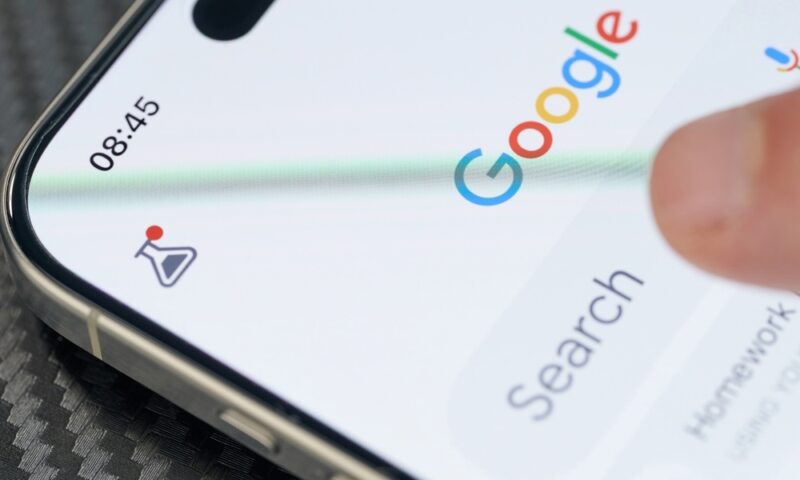Google Avoids Harshest Measures In Landmark Antitrust Case, Dodging Forced Sell-Off of Key Products
With the judge noting how GenAI has changed the competitive market, Google avoided all of the most severe remediations proposed by the Department of Justice, such as selling off Chrome or Android — making the ruling a landmark victory for big tech.

In August 2024, Judge Amit Mehta found Google violated section two of the Sherman Act, a U.S. antitrust law, and that the company was operating as a monopoly over search services and advertising.
In his 223-page remedies ruling on Sept. 2, 2025, Judge Mehta mostly agreed with Google’s proposed remedies, submitted back in May.
Judge Mehta’s remedies will force the search giant to share some of its data with competitors, namely its search index (the list of webpages that it shows as search results) and user-interaction data. Notably, Google won’t have to share other valuable data, such as the ranking that it uses to determine the quality of each individual webpage.
The ruling falls far short of what the U.S. Department of Justice (DOJ) had proposed during the remedies trial. Prosecutors had recommended a sweeping range of actions, most importantly a forced sell-off of both Google Chrome and the Android operating system.
The DOJ also wanted to bar Google from signing contracts with other tech companies to feature Google as the default search engine. Here the judge was more sympathetic to the government’s requests.
Although Google will still be able to pay other companies for default placement for its services, it can no longer make these contracts exclusive, meaning that device manufacturers like Samsung can no longer be prevented from including other competing services to Google’s products.
This ban on exclusive contracts is unlikely to cause much dismay over at Alphabet headquarters, given that it was part of its own proposed remedies.
That said, Judge Mehta also left the door open to cracking down on Google’s default-placement contracts in the future, stating: “The court is thus prepared to revisit a payment ban (or a lesser remedy) if competition is not substantially restored through the remedies the court does impose.”
Interestingly, the judge’s decision cited the fact that generative AI has upended the online search market in recent years, creating an entirely new environment since the case was first filed back in 2020: “The emergence of GenAI changed the course of this case,” the judge noted in the introduction.
“Today, established technology companies are making, and start-ups are receiving, hundreds of billions of dollars in capital to develop GenAI products that pose a threat to the primacy of traditional internet search.”
— Judge Mehta, ‘United States v. Google LLC’ Remedies Ruling
The ruling has come as a shock to anyone who has been following the case, as most expected much harsher remedies following the Judge’s initial ruling that Google was engaged in monopolistic practices.
For its part, Google praised the ruling for not including a forced sell-off of Android or Chrome, but still exhibited reservations about the sharing of data with competitors.
The company’s Vice President for Regulatory Affairs said in a statement: “We have concerns about how these requirements will impact our users and their privacy, and we’re reviewing the decision closely.”
The DOJ meanwhile celebrated the ruling as a victory for consumers, despite the remedies falling far short of its proposals.
Other observers have made a mockery of the ruling, with DuckDuckGo CEO Gabriel Weinberg telling the New York Times that the ruling a “nothingburger,” and elaborated in an X post that it fails to “force the changes necessary to address Google’s illegal behaviour” and as a result “consumers will continue to suffer.”
Both parties now have 90 days to decide whether they want to appeal the ruling, but it’s unclear if either Google or the DOJ will choose to do so.

